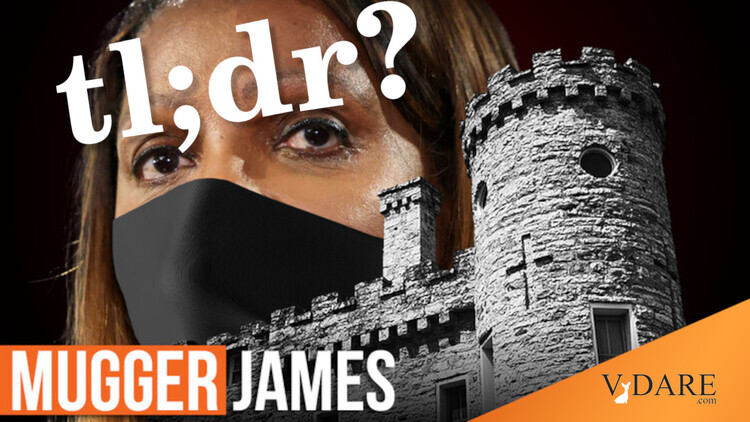In that New York Times article I quoted about how the U. of Saskatchewan is going to de-emphasize white “linear thinking” in favor of circular reasoning as exemplified by “wampum belt, dances and oral storytelling,” the explanation given for all the problems of Amerindians in Canada was:
While sporadic efforts on many campuses took root decades ago, a true campaign was set off by the Canadian commission that looked into residential schools and their abuses against indigenous children. …Residential schools were set up by white progressive do-gooders to help aborigines in Canada, America, and Australia. Although Obama’s America was bored with the travails of American Indians, Canada and Australia are currently obsessed with the horrors presumably perpetuated across space and and time by boarding schools.Those ills, the commission found, can often be traced to the residential schools, where the government used education as a weapon of assimilation for over a century by pulling more than 150,000 aboriginal children away from their families and cultures and educating them to be Western workers.
For example, Philip Noyce directed a movie, “Rabbit-Proof Fence,” about the horrors of 1920s boarding schools for Aboriginal Australians. (Ironically, when Noyce discovered how horrible his adolescent star’s home life was with her drunken mother, he paid to send her to a boarding school.)
On the other hand, I’ve never seen any sort of quantitative study of aboriginals and their descendants who were sent to boarding schools versus those who were not. But who needs data when we just plain know that white people’s attempts to help are the root of all evil? From the National Post of Toronto:
‘Collateral victim’ of residential schools gets 15 months for burning child 27 times with cigarette, lighter[Comment at Unz.com]Aboriginal male in Quebec who repeatedly assaulted girl, 5, did not attend a residential school, nor did his parents. But his grandparents did
Graeme Hamilton April 6, 2016
MONTREAL — A Quebec aboriginal man who repeatedly burned a five-year-old girl with a cigarette, leaving permanent scars on her face, arms, legs and genitalia, has been given a lenient sentence after a judge determined he is a “collateral victim” of residential school abuse.
Alain Bellemare, an Atikamekw from Wemotaci, Que., about 270 kilometres north of Montreal, was convicted of aggravated assault last June, and Crown prosecutor Éric Thériault sought a four-year prison term on the grounds that serious crimes against children have to be forcefully denounced. He noted that the 2011 assaults caused 27 third-degree burns — 25 from a cigarette and two from a lighter. The victim, who cannot be identified, was left to suffer without medical treatment.
But in sentencing Bellemare to 15 months on April 1, Quebec Court Judge Guy Lambert said the lingering effect of residential schools had to be taken into account under federal sentencing guidelines.
Bellemare, who was 21 at the time of the assaults, is too young to have attended a residential school, as are his parents. But he grew up in an abusive household that the court heard was a legacy of residential school abuse suffered by his grandparents. All four of his grandparents were removed from the community to attend residential schools.
The judge said Bellemare is among the “collateral victims of residential schools and of the cultural genocide that the Atikamekws of Wemotaci experienced.”
He agreed that the violence inflicted by Bellemare was “serious, revolting and must be denounced to protect other children who are victims of violence.” But he concluded that the four years sought by the Crown was excessive in light of the accused’s aboriginal heritage.
“The court imposes a less severe sentence on Mr. Bellemare considering the consequences experienced by the community because of residential schools and the aboriginal reality,” Lambert ruled.
A 1996 change to the Criminal Code, aimed at correcting an over-representation of aboriginal convicts in prisons, directed judges to take into account the “circumstances of aboriginal offenders” when sentencing.











